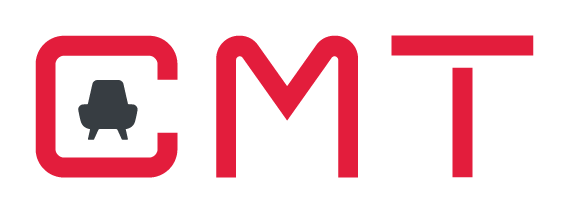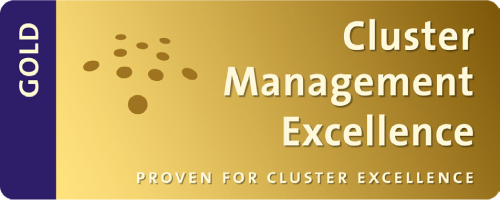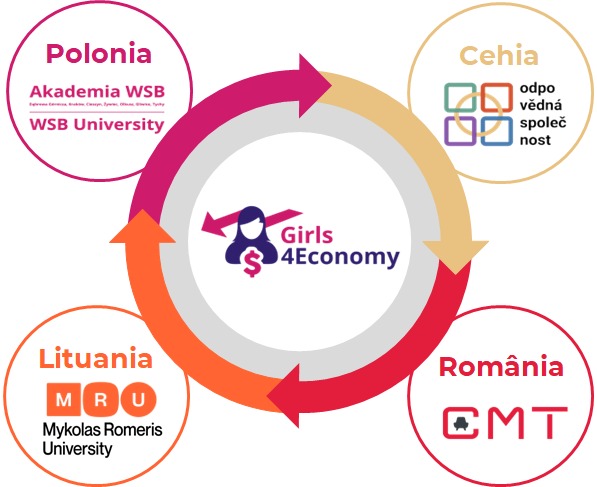Obiectivul principal al Girls4Economy este prevenirea și combaterea excluziunii socio-digitale a tinerilor, în special a fetelor cu vârste între 13 și 18 ani, din orașe mici și regiuni post-industriale. Acest lucru va fi realizat prin dezvoltarea unei metodologii și a unor instrumente menite să îmbunătățească abilitățile socio-digitale. Scopul este de a sprijini dezvoltarea profesională a fetelor și de a crea oportunități de carieră echitabile, având în vedere că femeile sunt subreprezentate în funcții de conducere.
În esență, inițiativa se concentrează pe colaborarea digitală și pe spațiile de lucru virtuale. Se dorește dotarea participanților cu competențele necesare pentru a naviga într-o economie 4.0, în care transformarea digitală schimbă modul de desfășurare a afacerilor, producției și educației. Aceste abilități le vor permite tinerilor să se adapteze și să contribuie la mediile de lucru digitale, sporindu-le potențialul profesional.
Pe măsură ce sistemele digitale evoluează, tinerii trebuie să învețe cum să creeze și să partajeze cunoștințe în cadrul rețelelor virtuale, să colaboreze eficient pentru atingerea obiectivelor comune și să gestioneze creșterea acestor rețele. Proiectul va folosi instrumente inovative și materiale didactice pentru a sprijini dezvoltarea acestor competențe, inclusiv instrumente de coaching, schimburi de experiență și alte metode de învățare non-formală.
Prin dezvoltarea abilităților de colaborare digitală, tinerii participanți – în special fete – vor fi mai bine pregătiți pentru creșterea personală și profesională într-o piață a muncii în continuă schimbare. De asemenea, vor fi poziționați ca lideri și agenți ai schimbării, atât din punct de vedere economic, cât și social.
Parteneri: Cluster Mobilier Transilvan (România), Akademia WSB (Polonia), Responsible Society (Cehia) și Universitatea Mykolas Romeris (Lituania).



